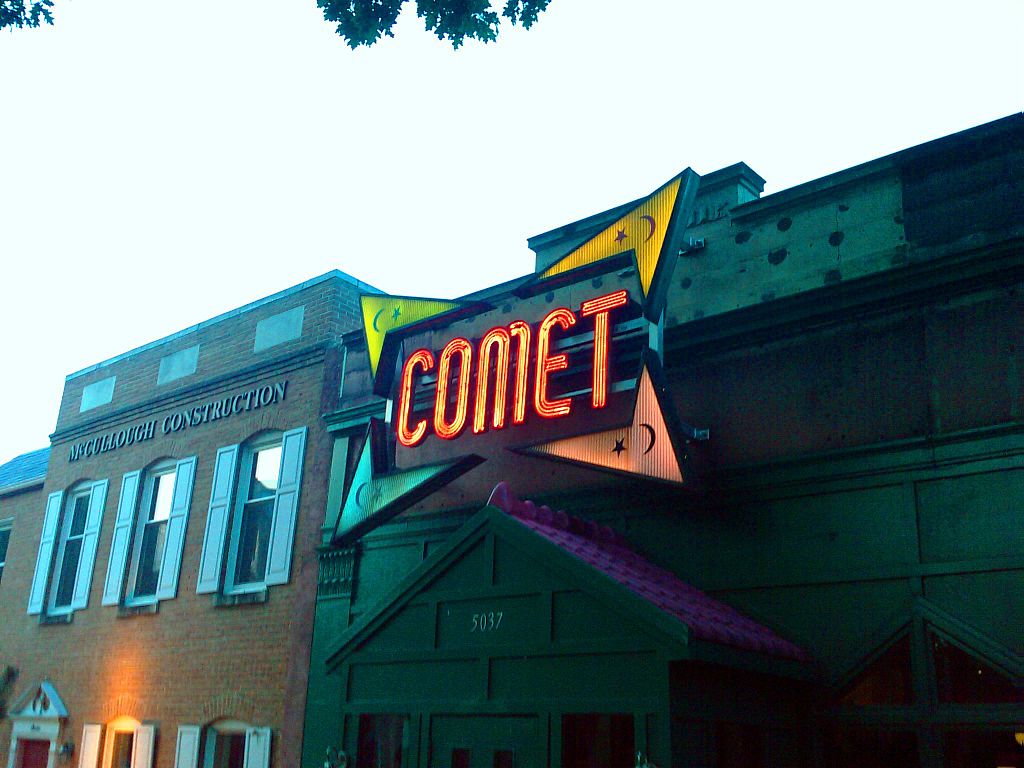On December 4th, North Carolina resident Edgar Welch walked into Comet Ping Pong, a Washington, D.C., pizza restaurant, with an assault rifle strapped to his chest. Inside, he reportedly fired several shots and pointed his rifle at a Comet Ping Pong employee as the restaurant’s patrons scattered. No bystanders were injured, and once Welch failed to find what he came for, he surrendered to police.
This week, Welch will return to court in relation to the incident at Comet Ping Pong, a dramatic turn in what has become known as the “Pizzagate” conspiracy. For weeks prior to the attack, online conspiracy theorists had besieged the restaurant with baseless accusations that it has conspired with politicians like Hillary Clinton to traffic and abuse young children. Welch reportedly latched onto these conspiracies, ultimately deciding to take matters into his own hands through a vigilante “investigation.” While Welch’s legal guilt may seem straightforward, the ethical questions his case raises underscore the complexities of moral responsibility in the time of fake news.
Continue reading “Determining Moral Responsibility in the Pizzagate Shooting”

